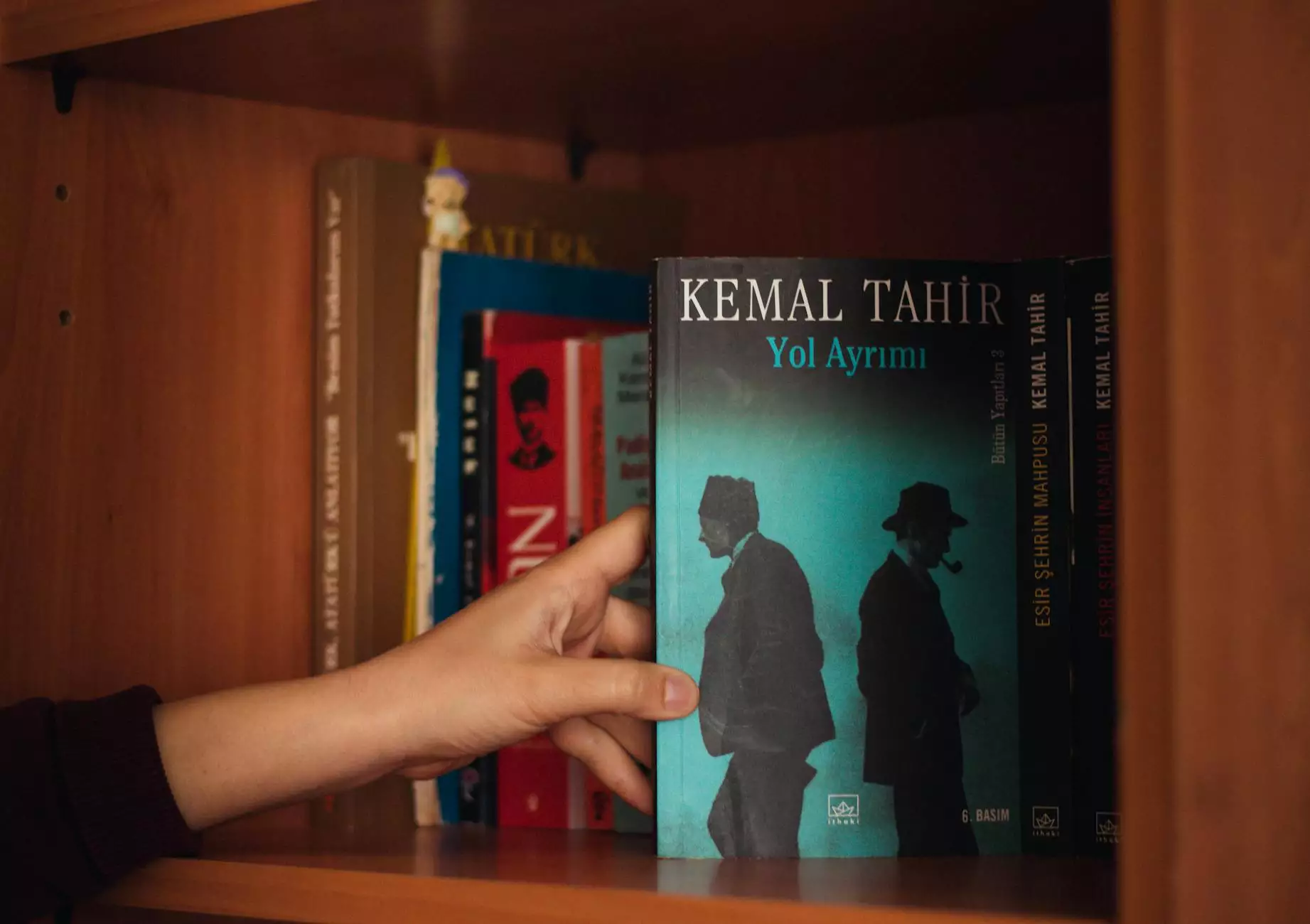English Lesson: Start vs Begin
English Grammar Lessons
As the leading language learning platform, NJCLT is committed to providing comprehensive English lessons to learners of all levels. In this detailed English lesson, we will explore the subtle differences between the verbs 'start' and 'begin'. Understanding the nuances of these two words can greatly enhance your proficiency in English.
The Meaning of 'Start' and 'Begin'
Although 'start' and 'begin' are often used interchangeably in everyday language, there are slight distinctions that can significantly impact their usage. Let's delve into each verb individually to gain a better understanding.
Start
'Start', originating from the Old English word 'styrtan', generally refers to the commencement or initiation of an action, process, or event. It implies the beginning of an activity that undergoes a noticeable change in state or progress. In most cases, 'start' suggests a more immediate and abrupt action, often accompanied by a visible or audible signal.
For example:
- I will start the engine to get the car moving.
- Let's start our meeting with a brief introduction.
- They started their journey early in the morning.
Begin
'Begin', derived from the Old English word 'beginnan', shares a similar meaning to 'start' but with a slightly different connotation. It refers to the initiation of an action or process, but without the emphasis on abruptness or strong signals. 'Begin' often implies a gradual or less noticeable start, focusing more on the inception or the initial stage of an activity.
For example:
- Let's begin the lesson with a short warm-up exercise.
- The concert will begin in ten minutes.
- We should begin organizing our trip as soon as possible.
Different Contexts and Usage Techniques
Now that we understand the basic meanings of 'start' and 'begin', let's explore their usage in different contexts, which will further strengthen our language skills.
1. Starting a Project or Task
When initiating a project or task, both 'start' and 'begin' can be used. However, 'start' implies a more decisive or action-oriented approach, emphasizing the need for immediate action, while 'begin' suggests a more flexible or gradual approach to get things underway.
Example:
- It's time to start our research project on climate change.
- Let's begin gathering information for our research project.
2. Commencement of an Event or Activity
When referring to the beginning of an event or activity, both 'start' and 'begin' can be used interchangeably. However, 'start' emphasizes a more definitive and noticeable beginning, often associated with an action or signal, whereas 'begin' suggests a more general or less visible commencement.
Example:
- The concert will start at 8:00 PM sharp.
- The concert will begin at 8:00 PM sharp.
3. Initiating a Conversation or Speech
When initiating a conversation or speech, 'start' is commonly preferred as it indicates a more active or engaging approach. However, 'begin' can still be used to convey a similar meaning without the same level of emphasis on immediacy.
Example:
- Let's start our discussion on global issues.
- I would like to begin my presentation with a brief introduction.
4. Indicating the First Stage or Step
When expressing the initial stage or step of a process or activity, 'begin' is often favored as it reflects a more gradual or systematic approach. However, 'start' can also be used in the same context, emphasizing a more immediate or action-oriented beginning.
Example:
- We need to begin by outlining our goals for the project.
- Let's start by brainstorming some ideas for our marketing campaign.
Conclusion
While 'start' and 'begin' are often used interchangeably, understanding their subtle differences can significantly improve your language skills. 'Start' generally implies a more immediate and abrupt initiation, often accompanied by visible signals, while 'begin' suggests a gradual or less noticeable beginning. By accurately utilizing these verbs in various contexts, you can communicate your ideas more effectively in English.










